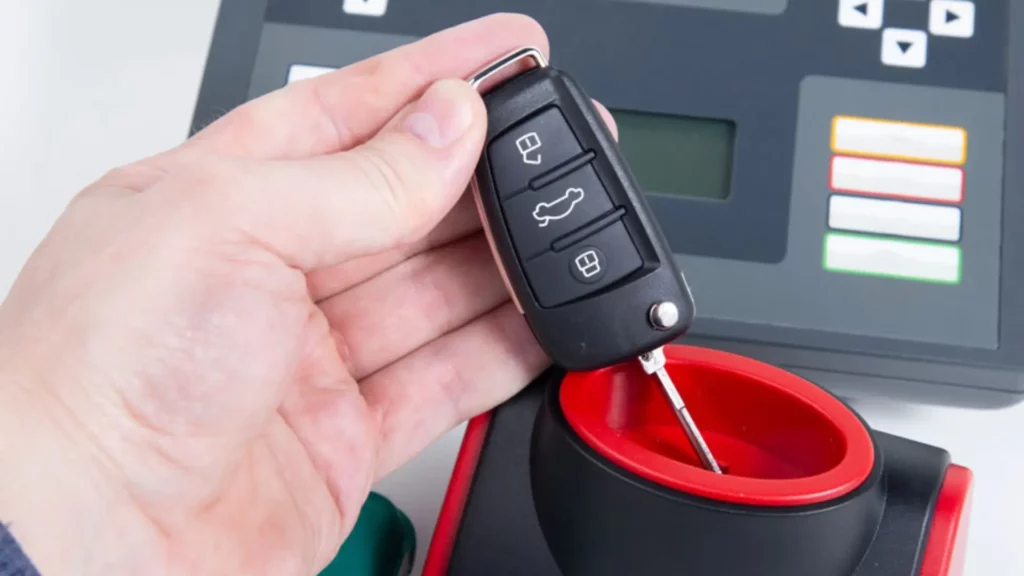Losing or damaging your car keys can be a frustrating experience, but understanding the process of car key replacement can help alleviate some of the stress. In this comprehensive guide, we’ll explore everything you need to know about car key replacement, including the different types of car keys, replacement options, and tips for minimizing the hassle of losing your keys.
Types of Car Keys:
- Traditional Keys: These are standard keys that require physical insertion into the ignition to start the car.
- Transponder Keys: Equipped with a built-in chip that communicates with the car’s immobilizer system, providing an additional layer of security.
- Key Fobs: Remote keyless entry devices that allow for keyless entry and starting of the vehicle. Some key fobs also include features like remote start and trunk release.
- Smart Keys: Also known as proximity keys, smart keys allow for keyless entry and ignition by simply being in close proximity to the vehicle.
Car Key Replacement Options:
- Dealership: Contacting your car dealership is one option for car key replacement, but it can often be expensive and time-consuming.
- Locksmith Services: Professional locksmiths offer car key replacement services at a fraction of the cost of dealerships. They can cut and program keys for a wide range of vehicle makes and models.
- Online Services: Some online retailers specialize in providing car key replacement services. While convenient, it’s essential to ensure the legitimacy and reliability of these services before making a purchase.
Steps for Car Key Replacement:
- Gather Information: Provide the locksmith or dealership with essential information about your vehicle, including the make, model, year, and VIN (Vehicle Identification Number).
- Verification of Ownership: Most locksmiths and dealerships will require proof of ownership before providing car key replacement services. This may include presenting your driver’s license and vehicle registration.
- Key Cutting and Programming: Once the necessary information is gathered, the locksmith or dealership will proceed with cutting and programming the new key to match your vehicle’s specifications.
- Testing: After the key is cut and programmed, it’s essential to test it to ensure that it functions correctly and provides access to the vehicle.
Tips for Preventing Car Key Loss:
- Have Spare Keys: Always have spare keys made and keep them in a safe place, such as at home or with a trusted family member or friend.
- Use Key Chains: Attach your keys to a keychain or lanyard to make them more visible and less likely to be misplaced.
- Be Mindful of Key Placement: Develop a habit of placing your keys in the same location every time you come home to avoid misplacing them.
- Consider Key Tracking Devices: Invest in key tracking devices that use Bluetooth technology to help you locate your keys if they go missing.
By understanding the process of car key replacement and implementing preventive measures, you can minimize the inconvenience of losing or damaging your car keys. Whether you opt for dealership services or choose to work with a professional locksmith, having a spare key on hand can save you time, money, and frustration in the long run.
Learn more:


